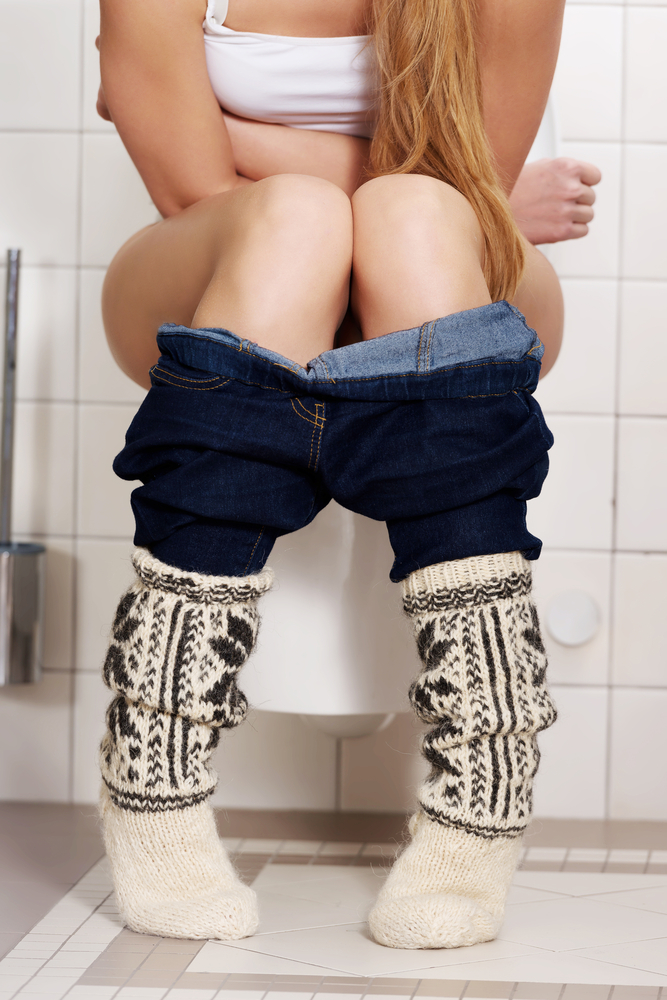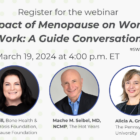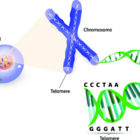
Let’s face it, the nighttime path from the bed to the pottie is well worn in many households.
It’s called nocturia and it’s often gets worse in menopause as lower estrogen levels weaken the tissues that support the bladder and create a much more sensitive bladder. Lower estrogen levels also worsen sleep, hot flashes and affect the way the kidneys handle water and salt in the body. All of those things contribute to having to get up to go to the bathroom.
Studies have shown that estrogen can improve hot flashes, sleep disorders and sleep apnea. Vaginal or local estrogen has also been shown to improve bladder function. But no studies have evaluated taking different types of oral estrogen either alone, or combined with progesterone (E + P), or estrogen combined with a selective estrogen receptor modulator (E + SERM) to see if they could make nocturia better.
A new study evaluated different types of oral estrogen to see if one or all of them improved the menopausal symptom of nocturia.
The 250 women in the study were divided into four groups to discover which was more helpful in controlling nocturia:
- Estrogen plus progesterone (133 patients)
- Estrogen only in patients with a prior hysterectomy (47 patients)
- Estrogen plus a SERM in those with an intolerance or contraindication to progesterone (33 patients)
- No treatment (32 patients)
The new study, published in the journal Menopause, studied women with nocturia, and compared giving them the various types of hormone therapy (HT) mentioned above. The percentage of women who woke at night two or more times to go to the bathroom decreased from 28% at baseline to 16% after treatment with E + P or E + SERM. The women who had a hysterectomy and were given estrogen only had less urgency, but only slightly less nocturia (25% to 21%) after 6 months of treatment.
Another benefit the study identified was that as you might expect, the women who were getting up less often at night to pee had a better nights sleep.
So if waking up at night is a problem for you, and you’re able and would like to consider taking estrogen in one of the forms studied, and talk with your healthcare provider.
There are treatments to help you slow down the nighttime travel from the bed to the pottie. This study adds additional options.




